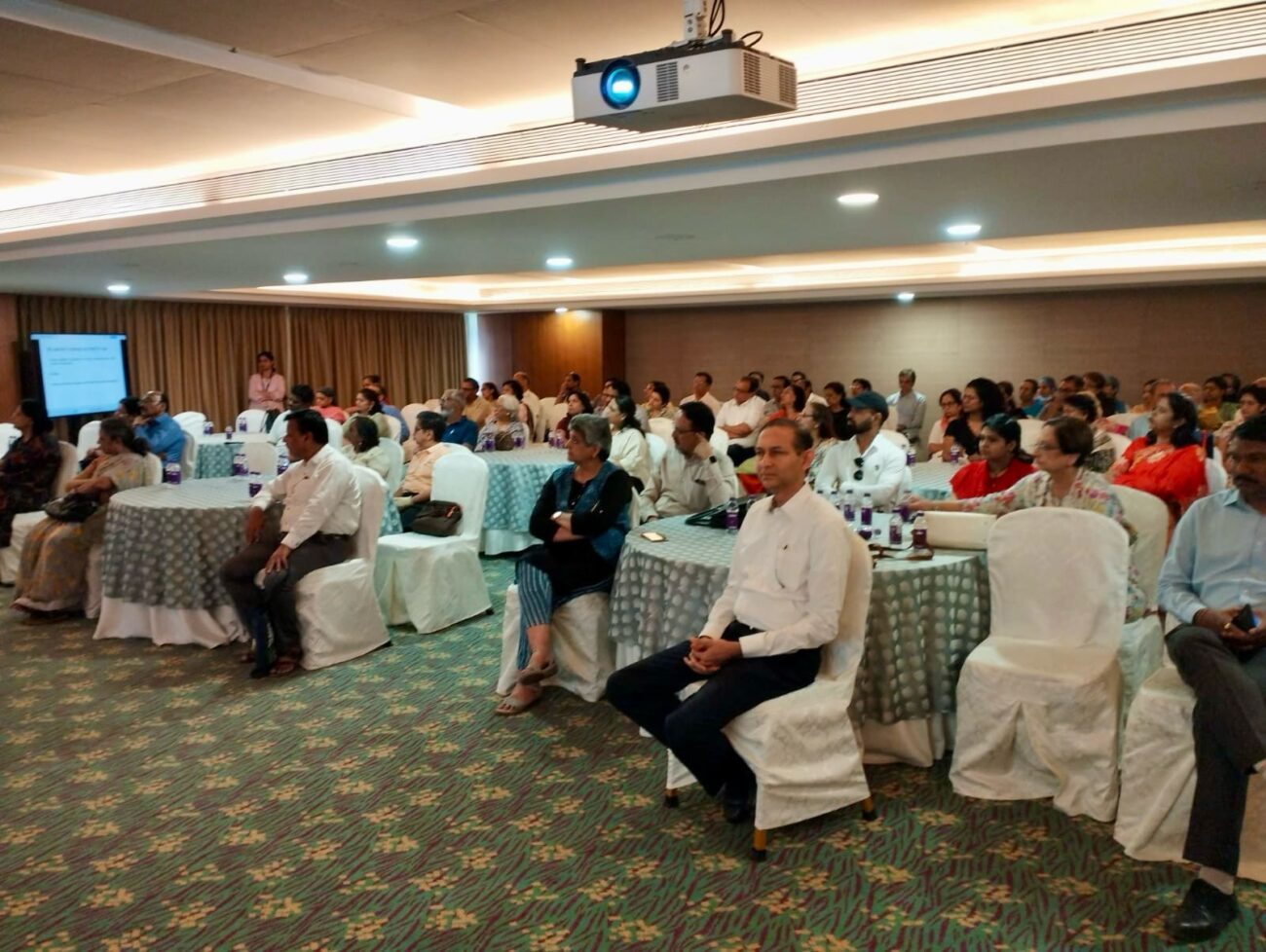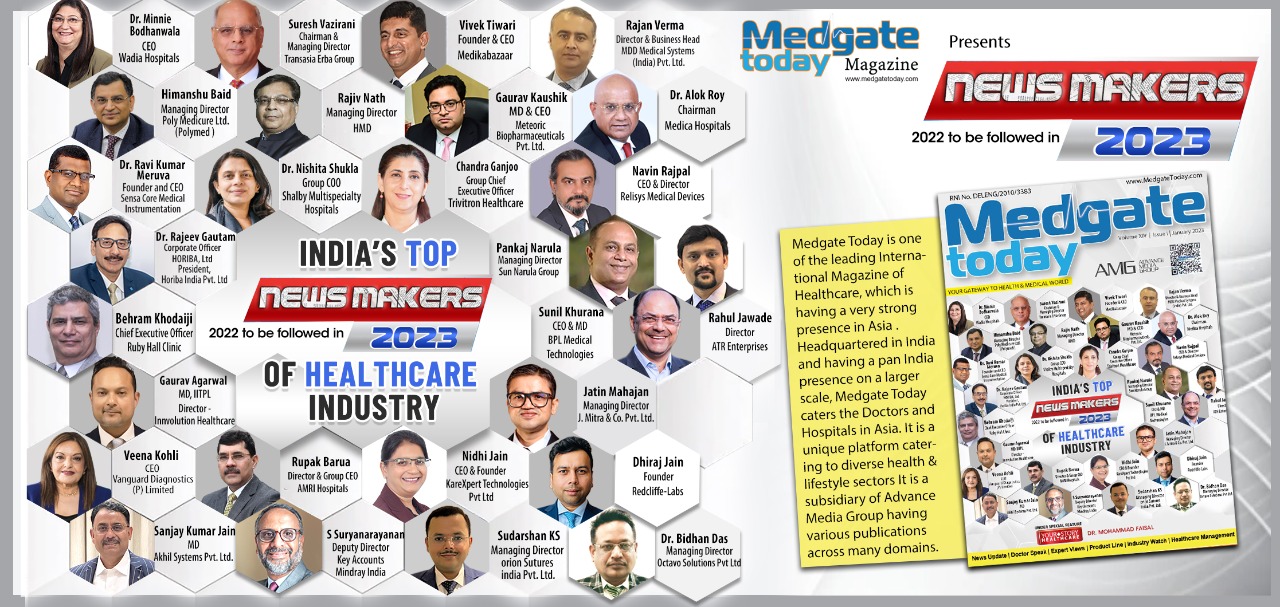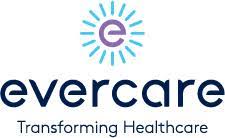Medical innovations: Making big breakthroughs in kidney failure treatment
Dr. Sunil Prakash Director and Senior Consultant, Nephrology & Renal Transplant Services, BLK Centre for Renal Sciences and Kidney Transplant, BLK Super Speciality Hospital Nearly 2.5 lakh people in India die due to kidney diseases every year
Dr. Sunil Prakash
Director and Senior Consultant, Nephrology & Renal Transplant Services, BLK Centre for Renal Sciences and Kidney Transplant, BLK Super Speciality Hospital
Nearly 2.5 lakh people in India die due to kidney diseases every year and this has emerged as a major challenge for the medical fraternity. However, over the years some medical innovations are making big breakthroughs in kidney treatment. Artificial Kidney, Portable Dialysis Machine and Stem Cell Therapy are among those innovations which are proving very effective. Moreover, new advancements in kidney treatment could end the need for compatible donors as well.
Kidney diseases occur when an individual suffers from a gradual and permanent loss of kidney function over time. These could be acute or chronic renal diseases. In acute kidney disorder, an individual may have temporary functional loss whereas during chronic the kidneys become irreversible and therefore fail to perform daily functions. Due to this abnormality, acids, waste and fluid keeps building up inside body, thereby causing weakness, vomiting, ankle swelling and poor sleep, besides being host of other cardiac and pulmonary diseases.
In critical conditions, the patients are advised to be on dialysis frequently. But to lead a good quality of life and to regain back the normal kidney function, kidney transplant is the only available option. However, to get a compatible donor kidney has always raised concerns as average waiting time to receive a kidney from a deceased donor is extremely variable ranging from months to years, depending on the blood type.
Even though dialysis is regarded as the only successful therapy it has several limitations. One possible reason is that the quality of life of patients who are on dialysis is suboptimal, besides the cost of these procedures is too high. They are not rehabilitated in their jobs.
Thus, the medical fraternity had been always in search of some alternative treatment options to avoid dialysis and kidney transplantation, especially in the end stage renal disease (ESRD) patients.
With new technological advancements in kidney treatment, the need for dialysis centres or the long wait for a matching donor is soon expected to become things of the past. Also, as a result of these new technical devices people with Chronic Kidney Disease (CKD) will be able to have more control over managing their personal health and improve the quality of their lives.
Let’s track down a few such medical innovations which are expected to make some big breakthroughs in kidney failure treatment:
Artificial Kidney:
At least 2.5 lakh people in India die due to kidney diseases every year. Therefore, with this artificial kidney expected to hit the market by end of this decade it is believed that the patients struggling with the end-stage renal disease will get a fresh lease of life. The device can be implanted in the abdomen and will be powered by the heart. It is designed to filter the blood and perform other kidney functions, including production of hormones, and it helps to assist in blood pressure control. Unlike conventional haemodialysis, which merely filters toxins from the blood, the artificial kidney is expected to have a membrane that filters the blood and has a bio-reactor comprising living kidney cells that are exposed to the blood during dialysis.
Success rates of artificial organ transplant surgeries have made advances, so this artificial kidney may enhance the patient’s quality of life as well as extend their productivity.
Portable Dialysis Machine: This innovative device is expected to act as a promising substitute for dialysis machine. Though, frequent dialysis offers better outcomes but the current dialysis machines aren’t portable. They limit patients’ freedom of movement and ability to engage in the normal activities of daily living. To the contrary, portable dialysis machine is a belt that performs ‘dialysis on the go’ and it could soon change the lives of people with chronic kidney failure. Basically, it’s a dialysis machine that a patient can wear around their body. It connects to a large vein in the body through catheter which has filters to separate water, salts and minerals out of the blood. The filters have to be timely replaced and chemicals added once a day to clean the water filtered out.
The device aims to replace dialysis machines, which require patients to visit a clinic several times a week.
Stem Cell Therapy:
Finally, stem cells hold promise, both for kidney disease and as a source of tissues and organs. In summary, nephrology is at an exciting crossroad with the application of innovative and novel technologies that hold considerable promise for the near future. Stem cells are characterized by their ability to self-replicate and undergo multi-lineage differentiation to produce functional tissue.
There is hypothesis that stem cells can be directly employed at the site of kidney damage with the catheter based injections, wherein they can facilitate regeneration of damaged nephrons by producing new podocytes, thus aiding in Kidney failure treatment. This strategy of using an individual’s own cells is beneficial as this reduces the risk associated with the immune rejection in terms of organ transplantation.
The stem cell procedure consists of these steps:
Source extraction
Isolation, analysis and concentration of the stem cells in the laboratory.
Stem cell implantation
Post treatment care
However, so far substantive success has eluded the researchers. The injected cells fail to make scaffolds and are destroys. Still research goes on to overcome the current road blocks and there is hope in near future for definitive regenerative renal therapies.





